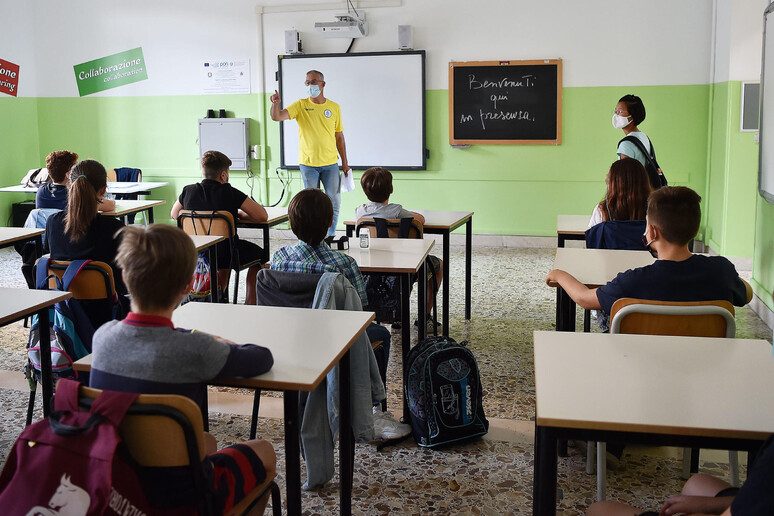In the intricate landscape of Italy’s educational challenges, one organization stands out as a beacon of change: Teach for Italy. In the face of disconcerting statistics revealing that only 6% of children from parents without a high school diploma secure a university degree, and a staggering 65% remain at the same educational level, Teach for Italy emerges as a catalyst for transformation.
The southern Italian regions, grappling with an average dropout rate of 17% that peaks at an alarming 21.1% in Sicily, underscore the urgency of the situation. The recently released 2023 data further emphasize the need for intervention, with 34,850 students exiting the education system without meeting minimum proficiency levels in Italian, mathematics, and English. Regions such as Campania and Sardinia showcase rates exceeding 15%, closely followed by Sicily, Calabria, and Basilicata.
In this context, the organization founded by Andrea Pastorelli confronts the complex web of issues arising from socio-economic disparities, administrative tumult, and a lack of visionary leadership, hindering the public education system’s efficacy. Italy faces one of the highest dropout rates in Europe, with one in five young individuals failing to complete high school: coupled with low economic growth and high unemployment, this has led to elevated NEET rates, squandering potential talents essential for the country’s growth.
The concept of “educational poverty” further compounds the issue, with one in five 15-year-olds failing to achieve minimum competency in mathematics, and one in four in Italian. Tragically, those living in contexts of disadvantage and poverty face a fivefold higher risk of not attaining these essential competencies.

In response, Teach for Italy emerges as a beacon of hope, aiming to make a meaningful impact where it matters most in disadvantaged communities. Adopting a holistic approach, the organization recruits talents from diverse backgrounds, ranging from recent graduates to seasoned educators and individuals from both private and public sectors. TFI doesn’t stop at recruitment; it equips participants with intensive training, preparing them to teach in schools facing the most significant educational poverty challenges. These dedicated individuals receive ongoing support during their two-year teaching experience.
In the short term, Teach for Italy’s goal is to fortify public schools by injecting innovation and fresh energy into underprivileged contexts. Through real classroom experience and continuous professional development, program participants acquire the knowledge, skills, and attitudes necessary for transformative impact on their students and schools.
Looking towards the future, the organization aims to build a network of future leaders across key sectors, all united by a shared commitment to combating educational inequalities in Italy. In two decades, Teach for Italy Fellows will be educators, school administrators, government officials, journalists, lawyers, doctors, entrepreneurs, and social innovators. Their collective mission: to enhance educational equity and fortify public schools in Italy.
Teach for Italy operates as a non-profit and is part of Teach For All, an international network addressing educational inequalities in over 60 countries. Collaborating closely with the Ministry of Education, Universities, and Research (MIUR), industry associations, non-profit foundations, and key players in the educational ecosystem, Teach for Italy is at the forefront of the battle against growing educational disparities in Italy and its mission is clear: to strengthen public schools in Italy, envisioning a nation where one’s birthplace or family background does not solely determine their educational level and future opportunities.












